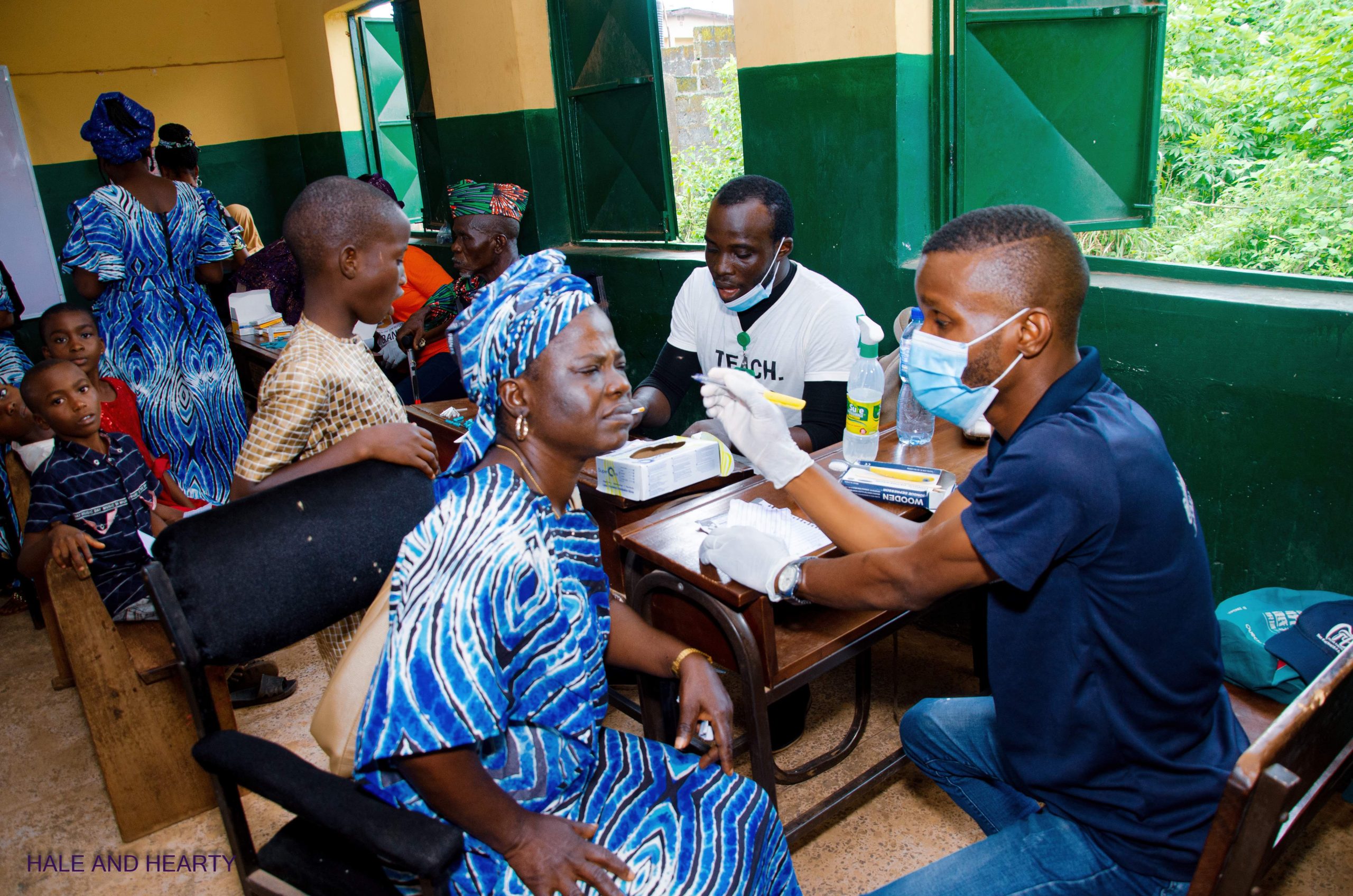Health equity is a fundamental principle that emphasizes equal access to healthcare and the elimination of disparities in health outcomes. It strives for fairness and justice in healthcare, recognizing that everyone deserves the opportunity to attain their highest level of health.
This brief seeks to explore the importance of health equity and its profound impact on individuals, communities, and society as a whole.
Ensuring Equal Opportunities for Health:
Health equity means providing equal opportunities for everyone to achieve optimal health, regardless of their background, socioeconomic status, or geographic location. It recognizes that factors such as income, education, and social determinants significantly influence health outcomes. It addresses these disparities and barriers, creating a society where everyone has an equal chance to live a healthy life.
Breaking the Cycle of Inequality:
Health inequities contribute to a vicious cycle of disadvantage and perpetuate social and economic inequalities. Individuals from marginalized communities often face higher rates of chronic illnesses, limited access to healthcare services, and poorer health outcomes. By promoting health equity, we can break this cycle and work towards a more just society where everyone has an equal opportunity to thrive.
Enhancing Overall Public Health:
Health equity is not just a matter of social justice; it also has significant implications for overall public health. When everyone has access to necessary healthcare services, preventive care, and health education, the entire population benefits. Eliminating health disparities and improving health outcomes for marginalized groups, creates healthier communities and reduce the burden on healthcare systems.
Empowering Marginalized Communities:
Health equity recognizes the importance of empowering marginalized communities to take an active role in their own health. It involves engaging and involving communities in decision-making processes, listening to their needs, and ensuring that healthcare services are culturally sensitive and accessible. This empowerment fosters trust, encourages health-seeking behaviours, and leads to better health outcomes.
Economic Benefits:
Health equity is not only a moral imperative but also has economic benefits. By investing in preventive care, early intervention, and equitable access to healthcare, we can reduce healthcare costs in the long run. Healthy individuals are more productive, contributing to economic growth and development. Moreover, addressing health disparities can lead to reduced healthcare disparities, resulting in a more efficient and sustainable healthcare system.
To sum up, health equity is a crucial aspect of building a fair and healthy society. It is about creating equal opportunities for everyone to achieve their highest level of health, breaking the cycle of inequality, and empowering marginalized communities. By prioritizing health equity, we can improve overall public health, reduce healthcare disparities, and foster a society where everyone has an equal chance to lead a healthy and fulfilling life.















